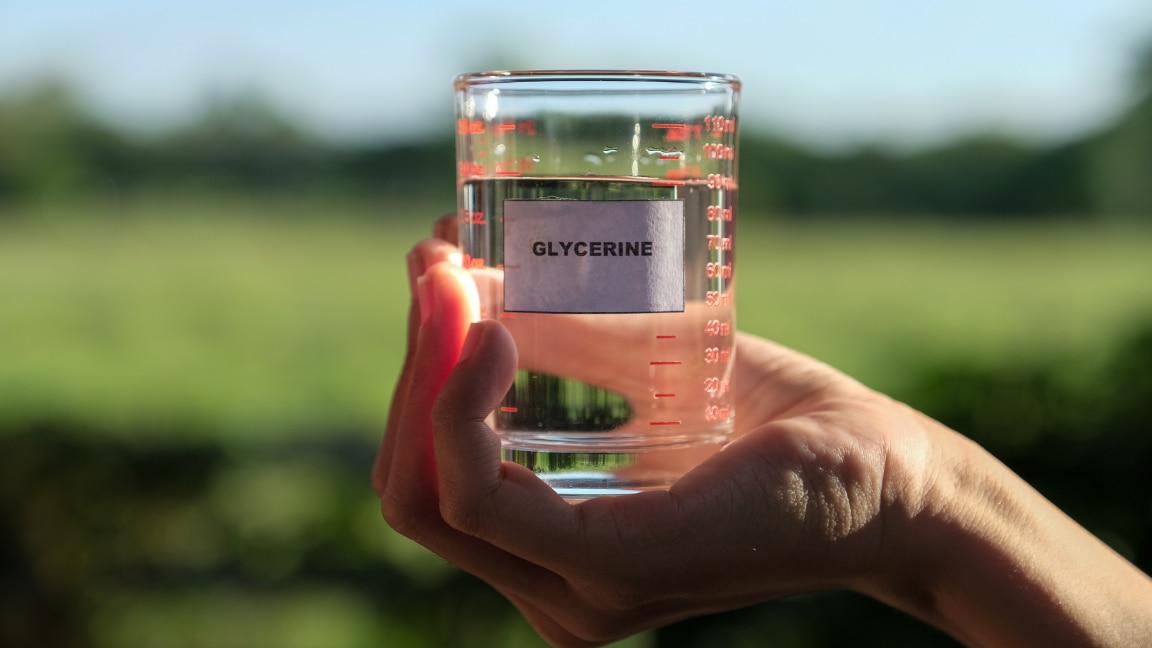If you've ever dabbled in skincare, you've probably heard people rave about glycerine for skin. But what makes this simple, unassuming ingredient such a superstar? Well, glycerine (also spelt glycerin) is a natural humectant, which means it draws water into your skin, keeping it plump and hydrated. Whether you're trying to soothe dryness, add glow, or simply maintain a healthy skin barrier, glycerin benefits for skin are hard to beat. Plus, the sheer number of glycerin uses for skin makes it a versatile addition to any routine — think toners, serums, DIY masks, and even lip care. Let's break it all down step by step.
Natural Argan Oil & Lavender Sulfate Free Anti-Frizz Shampoo - 400ml
₹658
₹658









